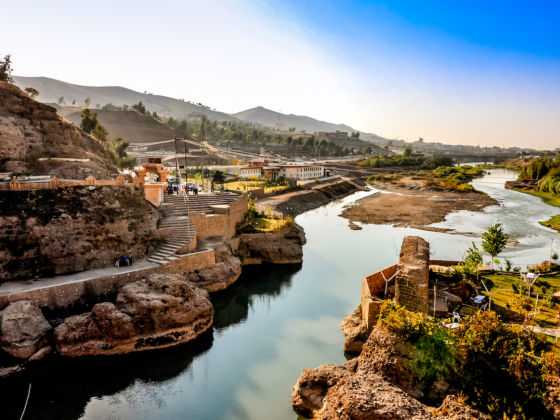1. Don’t let a crisis phase you.
When my father turned 15, he decided he wanted three things from life: to travel, to learn a skill and to get married. The first turned out to be the easiest, he bought a bicycle. If traveling was just about getting from point A to point B and meeting some new people along the way, a bicycle would suffice — travel didn’t just have to be for the rich. But getting out of Portugal didn’t happen until he was 22, and boarded a plane for the first time.
It was 1977 and Portugal was suffering hard from a post-revolution economic crisis. Unemployment rates were high and many Portuguese citizens took any opportunity they could to migrate. My father ended up leaving my mother and his first born son at home, and setting off to work as a locksmith in an Iraqi steel mill.
There were no hotels and fancy cars waiting for him in Iraq, only the heat and sand of the Syrian Desert. It was an adventure that would pay the bills.
